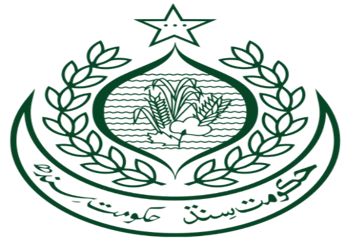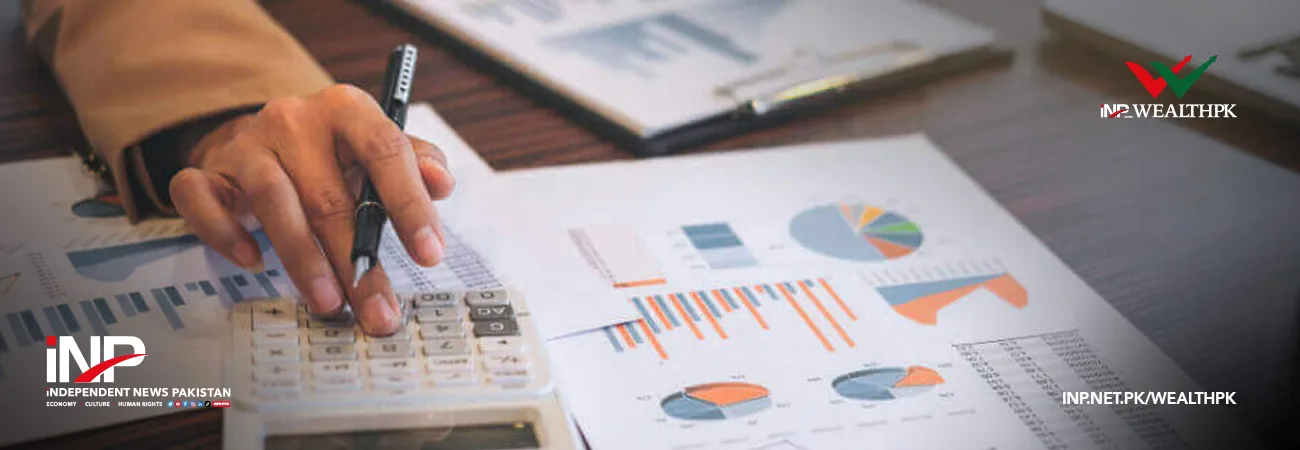INP-WealthPk
Ahmed Khan Malik
The Sindh government is gearing up to expand its revenue base through innovative strategies and economic reforms aimed at achieving sustainable growth and financial independence, reports WealthPK.

In a recent policy announcement, the provincial government has emphasized the urgency of diversifying income streams amid the rising fiscal challenges and growing development needs. New measures will be taken in the upcoming provincial budget in line with the policy of the government, officials in the Sindh Finance Department told WealthPK.
Sindh, home to the country’s commercial hub Karachi, has long relied on federal transfers and conventional tax revenues. However, officials say limited resources and increasing expenditures require a bold new approach. “One of the core areas identified for potential revenue generation is urban infrastructure development through public-private partnerships (PPPs), Mohsin Syed, Director of the Finance Department, told WealthPK.
He pointed out that the government plans to revamp municipal services, including waste management, transport systems, and digital utilities, by engaging the private sector expertise. “These partnerships are expected to not only improve service delivery but also generate income through user fees and shared profits,” Syed said.

He informed WealthPK that revenue authorities were also working on expanding the digital footprint of taxation systems. “With the help of technology, the Sindh Revenue Board (SRB) aims to curb tax evasion, broaden the tax net, and improve transparency. New online platforms for property, sales, and service taxes are under development, targeting sectors that have remained underreported or untaxed,” he said.
Sayed also listed agriculture and tourism as key sectors for revenue generation and said the province was also eyeing untapped sectors such as agribusiness and tourism. “Plans are in place to incentivize value-added agriculture, especially in the fertile Indus belt, by providing subsidies and access to the local markets.
Similarly, the province’s rich heritage — ranging from Mohenjo-daro ruins to the Sufi shrines — is set to be marketed more effectively to both domestic and international tourists,” Syed said. Sindh is rich in natural resources, including coal, wind, and solar energy. The provincial government has announced new exploration initiatives in Thar and other areas to harness these resources responsibly.
“Licensing and royalties from energy and mineral production could become a significant source of revenue if managed transparently and sustainably,” he said. The official also highlighted the importance of institutional reforms and fiscal discipline and said that, in tandem with new revenue initiatives, Sindh was also prioritizing fiscal reforms.
“Austerity measures, improved financial management, and capacity building for tax collection agencies are part of the broader reform agenda. These measures aim to increase efficiency and accountability of public spending,” he said. Syed cautioned that while these initiatives were ambitious, successful implementation will require a strong political will, stakeholder collaboration, and a transparent regulatory framework.
If executed well, Sindh’s push to explore new avenues for revenue growth could set a precedent for other provinces and play a key role in Pakistan’s broader economic resilience.
Credit: INP-WealthPk













